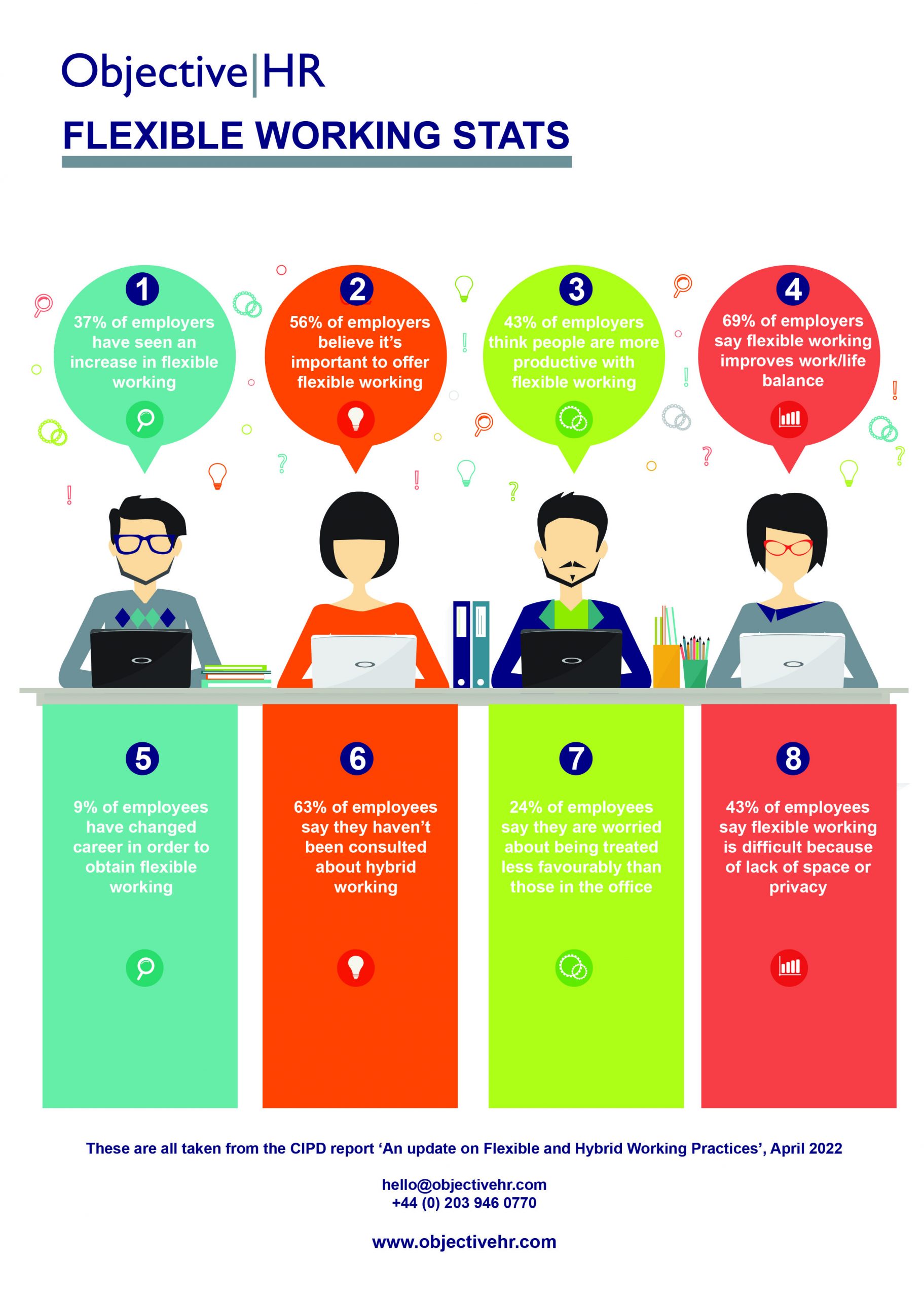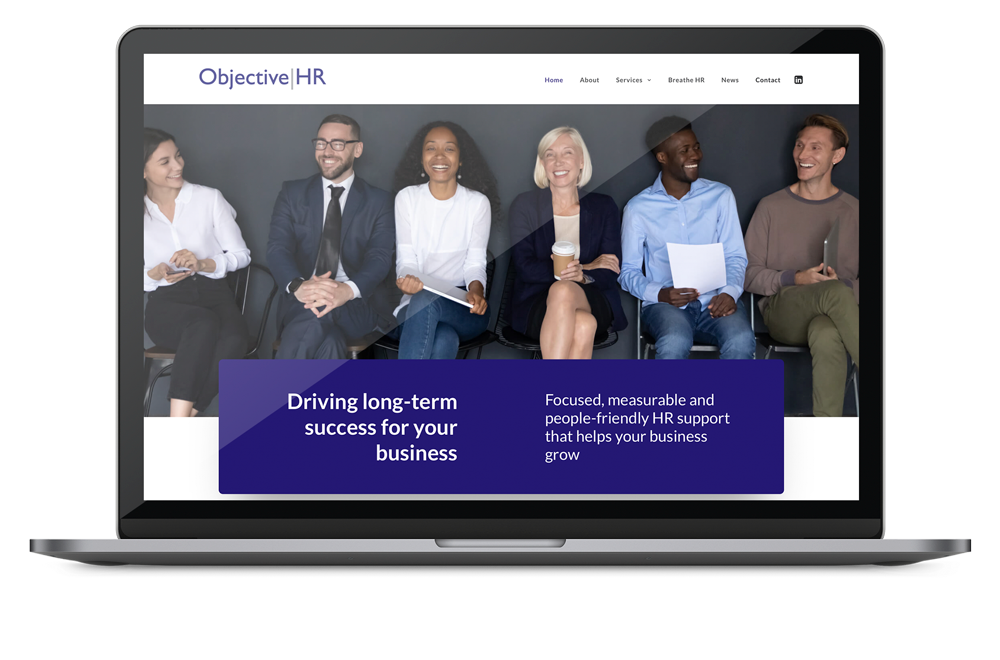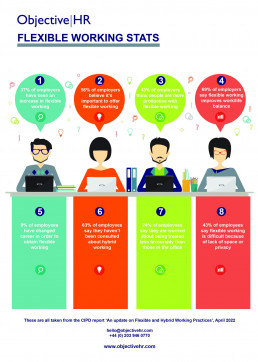Succession planning: Are you doing enough?
Does your business have any succession planning in place? Often, business leadership teams are over 50 and thinking about retirement – or at least reducing their working hours. People who have come through the business together arrive at this point at the same time – meaning that, in some businesses, a significant number of senior leaders are thinking about leaving.
If there is no succession planning in place, this can have an incredibly detrimental effect on the business. And succession planning is about far more than identifying the next person to take on a particular role. It’s about future-proofing the business in line with your strategic plans, and about communicating your planning to your teams, to help get buy-in and aid retention.
In fact, research by Software Advice found that 90% of workers aged 18-34 said that working in a company with a clear succession plan would improve their levels of engagement.
Where to start?
Your first step is to talk to the people in your business who can help you to put a plan together. This come under your governance requirements as a Board, and you might also want to involve your HR team or consultancy, as they can guide you on the best way to manage the process.
Who to choose?
First, think about whether you want to promote from within. This is often a good idea, because you have people who know the business well, who understand your products, services and clients and who you can start to involve in strategy and planning.
Promoting from within also means you can target any learning or development programmes to help build the skills that your successors will need.
If you are going to look for external candidates, make sure you are clear about the skills and approach you need. It must fit with your existing culture so that you can transition well from one leader to another. Leave plenty of time to find the right person, and involve your teams in the process – you may gain valuable insights from them.
Whichever route you go down, make sure you are transparent about your decisions and choices, so that your team can see you have been thoughtful and fair.
Consider communication
The way you tell your people, customers, suppliers and other stakeholders about your succession plan will depend on the timescale you’re working to, and what you feel is best for the business. Again, this is where your HR support can help. They will understand the company and its needs, and be able to put together a clear plan.
Don’t plan it and park it
It can be great to feel you’ve ticked the ‘succession planning’ box, but you must keep it under review. Things change both inside and outside your business, and so there may be times when your succession plan needs updating or revising. Make time to regularly review your plan to make sure it’s still workable.
What's your thinking on flexible work?
A recent report by CIPD has shone an interesting light on how both employers and employees are feeling about flexible - or hybrid - working. Driven, of course, by the pandemic, this has become a key demand from candidates, and we're finding that companies who are sticking rigidly to office-based working are struggling to recruit.
Of course, there's a balance to be had, and we're working closely with our clients to help them construct flexible working processes that are legal, fair and support good quality recruitment and retention. Below are some of the stats we've found most interesting - if you'd like to talk to us about how to design your own flexible working approach, just contact us today.

Should you be offering sabbaticals?

A sabbatical is a period of time away from work – usually longer than a standard holiday. There are lots of benefits to the employee and to the employer, because a sabbatical represents an opportunity for new experiences, fresh thinking or even updated qualifications.
Some organisations use sabbaticals as rewards for long service, whilst others are thinking more innovatively about non-work time, including regular time off for volunteering projects or family time as part of their CSR or ESG programmes. So, how can you build positive sabbatical offerings into your organisation?
What is the legal position?
There are no laws in the UK that cover sabbaticals, so HR departments and senior leaders have to create their programmes in the way that works best for each organisation. It is important, however, to make sure that your sabbatical programme doesn’t breach any existing laws – particularly those relating to discrimination and equality.
For example, a request for a sabbatical would come under the same umbrella as a request for flexible working. This means that employees should have worked for the organisation for at least 26 weeks – on a full-time or part-time basis – and should not have made any other requests for flexible working in the past 12 months.
Are sabbaticals paid?
This is really up to each organisation. If you choose to keep paying your employee during their sabbatical, then their existing contract will stay in place, including any benefits they may have. If you decide that sabbaticals will be unpaid, the employee’s contract will usually come to an end, but you can make an agreement with them to return to employment when the sabbatical is finished. You need to make sure that you have clear agreements and that both parties understand their responsibilities before the sabbatical is agreed.
Why are sabbaticals good?
Offering a sabbatical brings benefits for you and your workforce.
It brings new perspectives – whatever your employee chooses to do with their sabbatical, they will return to the workplace with new perspectives, ideas and energy.
It increases skills – your employee may choose to do a further qualification, add to their professional development, or take on a voluntary role. All of these will mean they come back to you with new skills that can benefit the business.
It prevents burnout – giving people a chance to take some time for themselves means you prevent some of the absenteeism and productivity issues around burnout.
It helps with recruitment and retention – candidates are looking for employers who are flexible and offer a wide range of opportunities. Having a good sabbatical offering will help to retain valuable employees and improve your brand reputation.
When we ran a poll on LinkedIn about sabbaticals, 43% of people said they would want to use the period to spend more time with their families, 29% would take the opportunity to travel, 14% said they would study for further qualifications, and the remainder would use the time to volunteer.
Whatever your employees – or you, if you choose to take one – decide to do with your sabbatical, it’s clear that a well-structured and thought-through sabbatical programme can help both your employees and your organisation to thrive.
To find out more about how to build a sabbatical programme, or to ask us about building a more employee-focused culture in your workplace, contact us today.
Photo by Tim Mossholder on Unsplash
Our new website is live!
We’re very proud to see our new website go live today. It’s been a few months in the making, and it showcases all the services we offer to clients, including:
- HR consultancy services
- Screening and referencing
- Recruitment
- Learning and development
We’ve added some great resources, and our most recent blogs are there too. We’ll be adding regular content to help employers, employees, candidates, recruitment managers and HR professionals to keep up-to-date and make sure they are following the latest best practice.
“We wanted to have a much newer and clearer site that outlines the four pillars of our business and to share some of the template information with clients and visitors,” says MD Lisa Collins. “Our business has established a reputation for professionalism and excellence and we needed to update our website to reflect that. We’re really looking forward to continuing to help our customers with all their HR needs, and to meeting new clients who will benefit from our range of services.”





